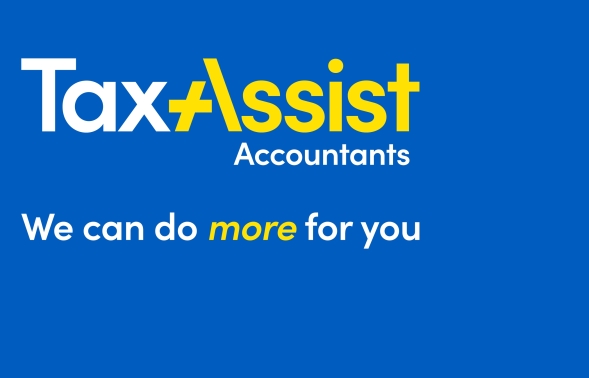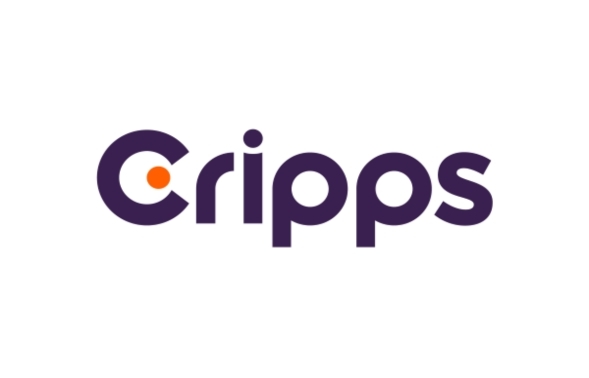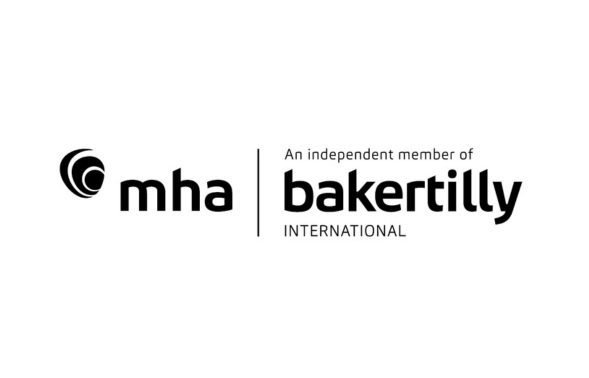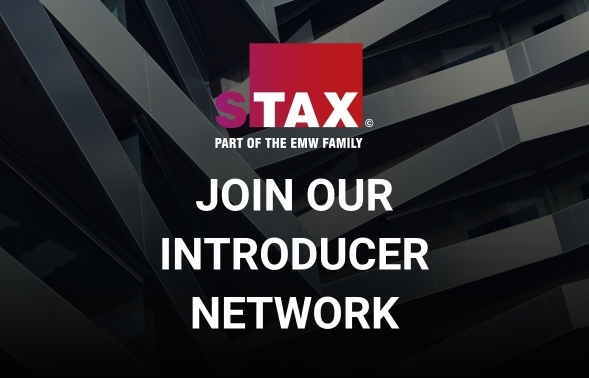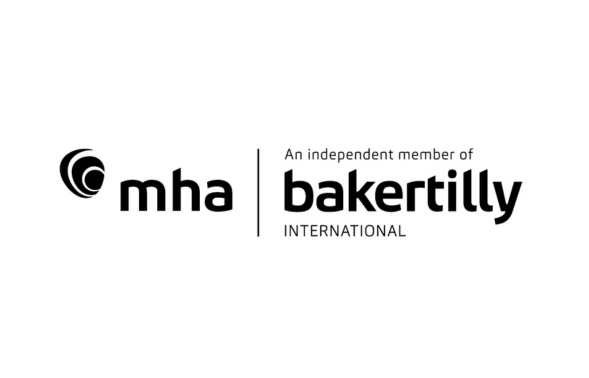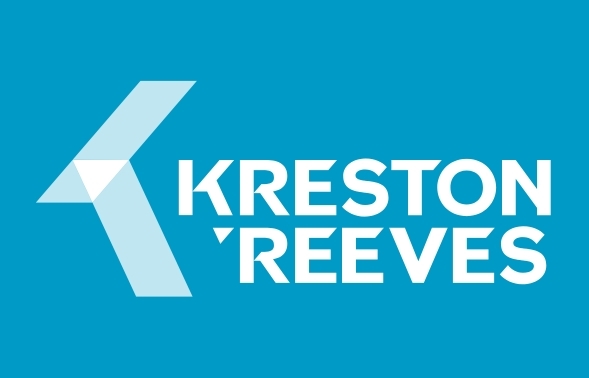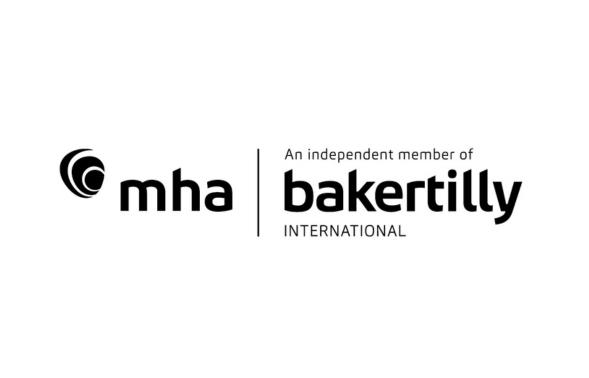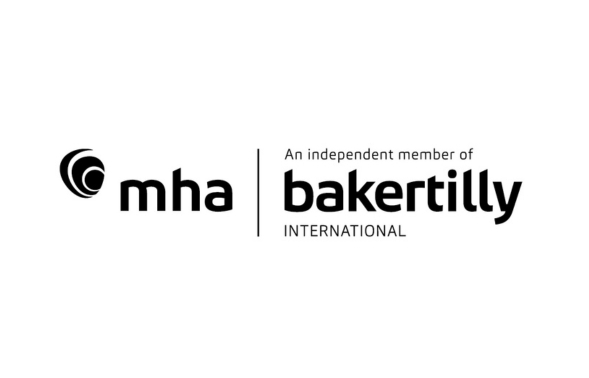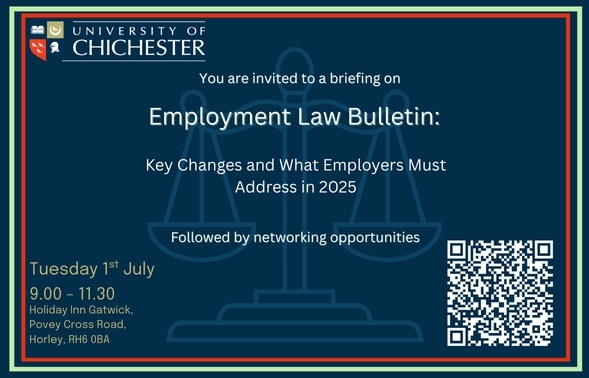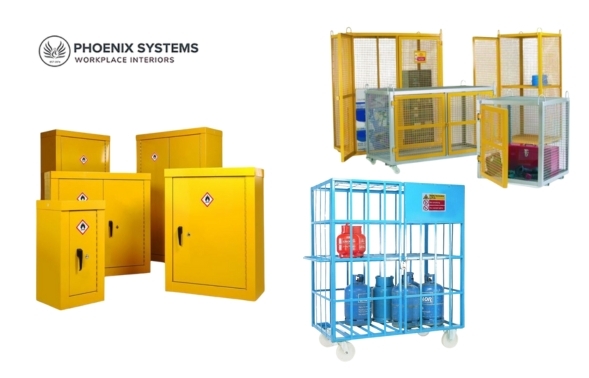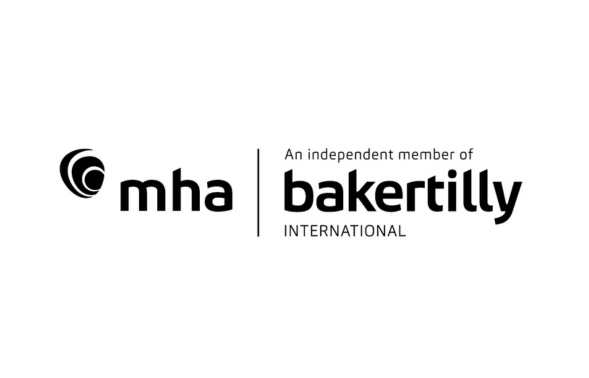Manufacturing is at a crossroads. While negative headlines often dominate the conversation, there has been a growing sense of confidence emerging within the sector. Menzies and the CICM hosted a roundtable discussion at the Principality Stadium in Cardiff, which brought together key individuals in the industry to discuss the challenges and potential solutions shaping the future of manufacturing. Three key themes were discussed: recruitment and retention, supply chain challenges, and the growing threat of fraud. One of the primary concerns addressed in the roundtable was recruitment and the retention of skilled staff. There has been a shortage of skilled workers, which has become increasingly evident as traditional career paths in construction and engineering have become less in demand. Many manufacturers struggle to replace a workforce that is aging, with the retirement of experienced employees leaving a considerable gap in skills. Furthermore, the impact of Brexit has meant that there has been a steady decline in returning European workers, which strengthens the challenges faced with staffing.
Another significant concern was the decline of apprenticeships. Many businesses have chosen to shift towards in-house training rather than relying on external apprenticeship schemes, especially as training facilities in Wales remain few and far between. Some firms are having to send trainees further afield for the required skills development. This, alongside the evolving workplace expectations, has evidently reshaped employment trends. Employees are continuously prioritising work-life balance over overtime and financial incentives, which makes retention more challenging as a result. In South Wales, a lack of clear career pathways for young people has led to lower retention rates among the 16-24 age group. Roundtable participants agreed that to attract and retain talent, manufacturers must strengthen their employer branding by offering flexible work policies, fostering social engagement initiatives, and providing clear career progression opportunities.
Supply chain difficulties were another key area of discussion during the roundtable. The post-Brexit landscape has increased reliance on European suppliers, leading to greater instability and uncertainty. Many businesses have also become increasingly more dependent on China, which has therefore, contributed to an increase in carbon footprints and disruptions caused by major holidays and logistical delays. Roundtable attendees emphasised the further supply chain risks posed by public sector contracts, which require businesses to conduct careful due diligence in order to minimise potential issues. In response to these uncertainties, manufacturers are needing to reassess their supply chain strategies to build greater resilience and adaptability.
Fraud and cybersecurity emerged as ongoing threats within the manufacturing industry, as highlighted by many roundtable participants. Businesses are facing an increased rate of getting targeted by highly developed phishing scams and AI-driven cyberattacks, which inevitably leads to financial losses and operational disruptions. Despite the growing risks, cybersecurity awareness remains low in countless organisations, making them open to attacks. Roundtable attendees agreed that to combat these threats, manufacturing firms must apply tight security measures, educate their employees on potential risks, and invest in advanced cybersecurity technologies to safeguard sensitive information.
Despite the challenges and threats discussed, there has been remarkable developments within the manufacturing sector. Young talent is entering the workforce, bringing fresh and innovative ideas as well as enthusiasm. Countless businesses have successfully adapted to Brexit-related disruptions, demonstrating flexibility and resilience in their supply chain strategies. Companies that survived the aftermath of COVID-19 have come out stronger, with more streamlined operations and improved efficiencies. Collaboration across industries have also expanded, fostering knowledge-sharing and driving innovation.
The Welsh manufacturing sector continues to operate well in exports, specifically in high-tech industries. Moreover, emerging investments in environmental, social, and governance (ESG) initiatives, as well as advancements in science and technology, are leading the way for astounding transformation. These developments indicate a promising future for manufacturing, as long as businesses continue to embrace innovation and adaptability.
Looking forward, the manufacturing sector must stay proactive in addressing its challenges while capitalising on opportunities for growth. By embracing technological advancements, redefining recruitment strategies, and fostering a culture of resilience, businesses can navigate the developing landscape successfully. The discussions at the CICM roundtable highlighted the importance of collaboration, forward-thinking strategies, and a commitment to continuous improvement. With the correct approach, the manufacturing industry can thrive in an ever-changing economic environment.


